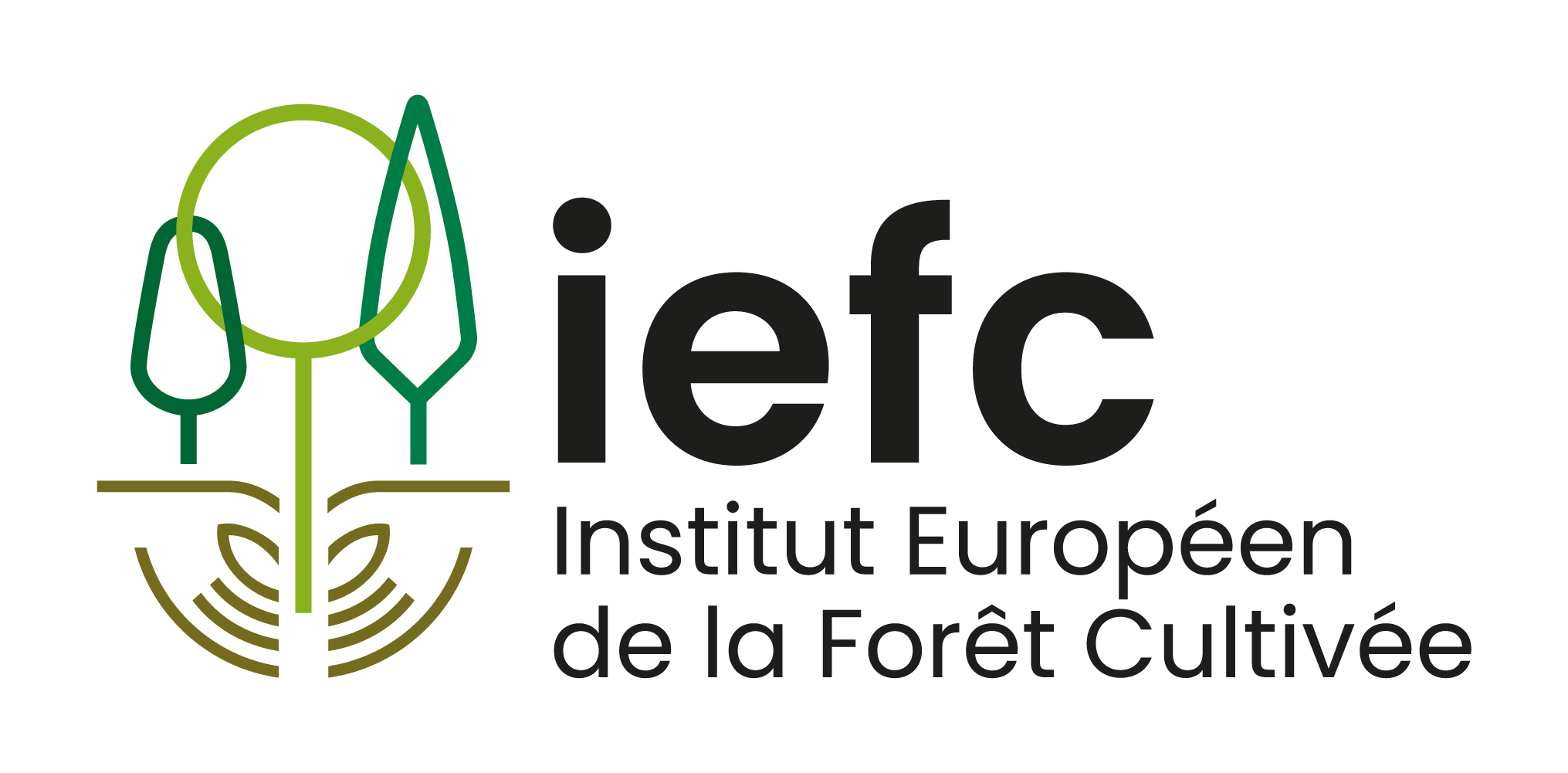This is the first assessment prepared by the Global Forest Expert Panel on Adaptation of Forest to Climate Change. This document deals with:
- Interrelations among forest ecosystems,
- the services they provide and climate change
- The past and future impacts of climat
It contains 8 chapters with the following thematic:
1.Forest ecosystems services.
2.Forest responses and vulnerabilities to recent climate change.
3.Future environmental impacts and vulnerabilities.
4.Future socio-economic impacts and vulnerabilities.
5.Current adaptation measures and policies.
6.Management for adaptation.
7.Governance and policies for adaptation.
8.Main conclusions and the way forward.
Some of the main outputs covered in the document are summarize in the following paragraphs:
Factors affected by climate change during the last 50 years included tree growth, tree dieback, insect outbreaks, species distribution and the seasonality of ecosystem processes. These and other processes can be influenced simultaneously by a complex array of factors that includes several dimensions of climate as drought, temperature, wind,
As an example, at mid-latitude and high latitude temperate forest, higher temperature are lengthening the growing season. But this process is also affecting the biotic disturbance, increasing both the physiological activity and the demographic potential of different species.
Productivity is likely to increase in temperate forest closest to the poles and to decrease in temperate forests bordering the subtropics, but increasingly prevalent storms could cause major disturbances.
Biodiversity will be also affected, as average between of 20 and 30 percent of the vascular plants and animals are expected to have a high risk of extinction with an increment of the average temperature of 2-3 ºC.
These changes will also affect the markets of timber. Regions like North America, Europe, Australia and New Zealand, will be particularly susceptible.
The choice of adaptation measures will be determined by changes occurring in the forest, management objectives, management history and other factors. A critical aspect of any adaptation framework will be to ensure that local managers have sufficient flexibility to choose the most appropriate suite of management measures for the conditions.
At all scenarios and forest types studied, it is very likely that the frequency and intensity of storms, fire, insect attack and disease will change. The mitigation of undesirable impacts will require extensive communication network and monitoring schemes at the regional and national levels, as well as specific management practices at the local level, as controlled burning and sanitary cuts.
It is necessary to apply adaptive co-management, where the importance of the stakeholder cooperation is recognized, aiming to a continuous improvement of the policies and practices by the monitoring and learning of the operational programs.
For effective adaptation, policies and regulations must be sufficiently flexible to facilitate adaptive co-management, and there needs to be a recognition that mistakes will be done.
Even that many current forest management practices can facilitate the adaptation of forest to climate change they may be insufficient because they were developed under a climate that might be substantially different from the future climate.
More information about this document and other aspects of the Global Forest Expert Panel on Adaptation to Climate Change can be found at the following link. http://www.iufro.org/science/gfep/
